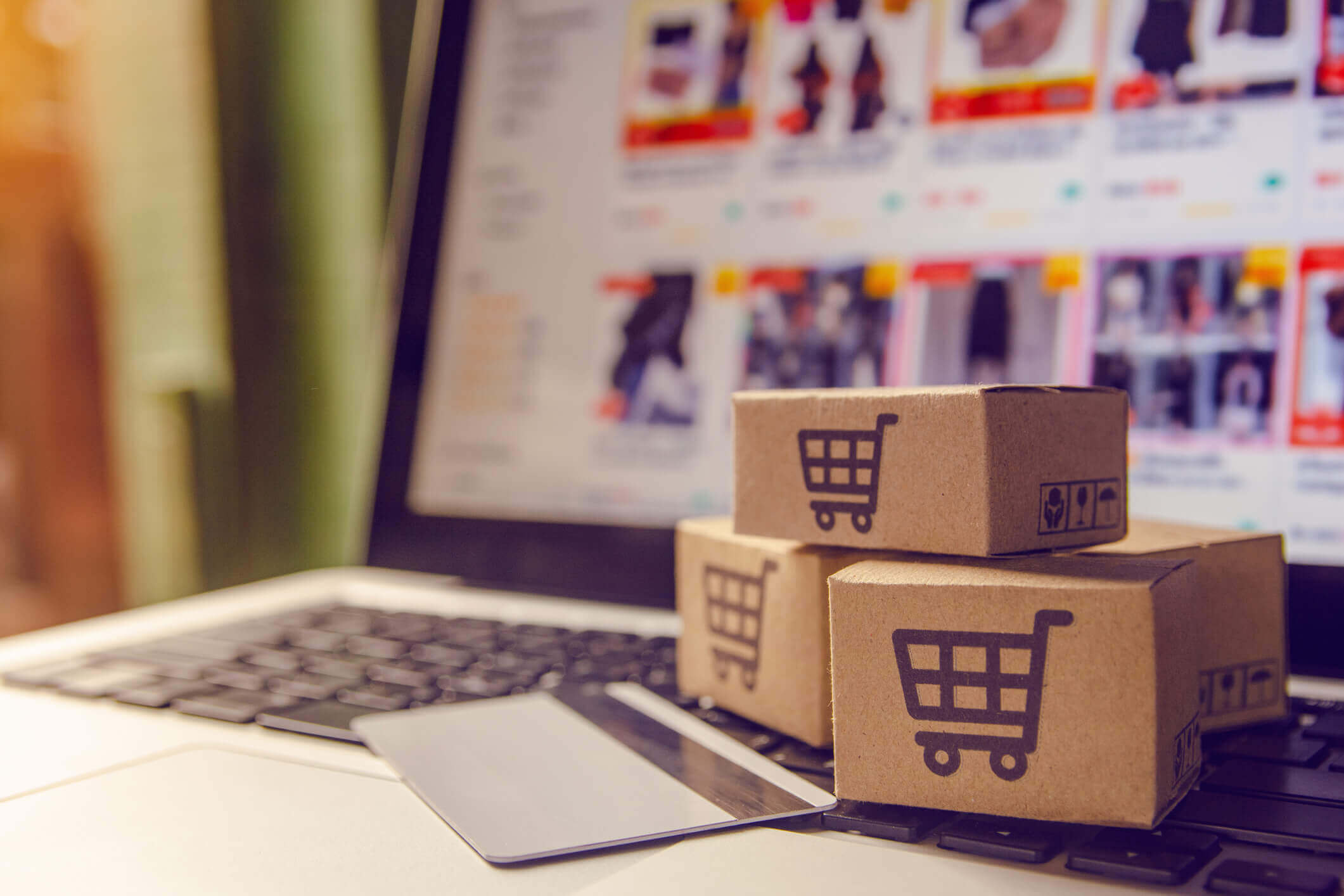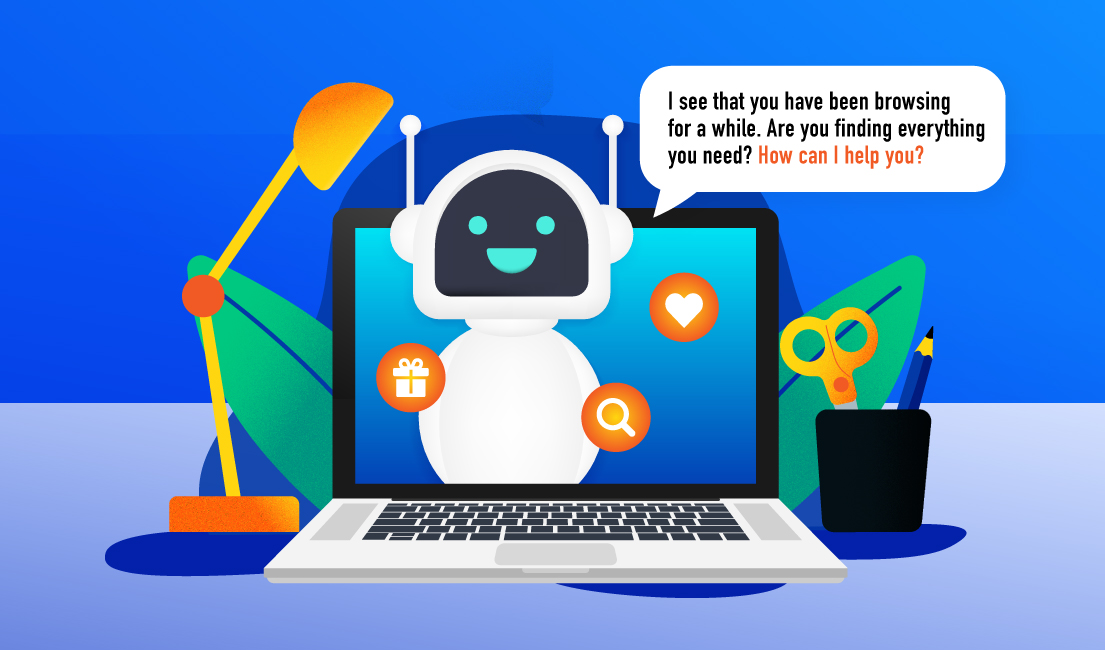Brands today chase various metrics to justify their investment in campaigns and advertising, and perhaps the most important one is the customer lifetime value (LTV). However, less than one third of advertisers worldwide think so.
LTV is a measure of how much a shopper is worth to a brand throughout their relationship. Boosting LTV is vital for brands to drive conversion and build customer loyalty. For instance, users who discover and install an e-commerce app are much more valuable than those who install the app through ads. According to AppsFlyer, 10.9 percent of global organic app users made a purchase within three months with calculated LTV of US$20.63, compared with 8.9 percent of nonorganic users with LTV of US$7.10 only.
One key strategy brands adopt to increase LTV is personalization. When customers find the most relevant content, products or a brand experience that is tailor-made for them, they are more likely to return and less likely to leave. This holds true at every stage of the customer lifecycle, from being made aware of your brand to engaging with your content, making the decision to purchase and eventually staying with you as a loyal customer.
While there are many techniques to personalize a brand experience for customers, today’s AI-driven solutions take it to another level. Here are some ways by which marketers can leverage AI across the buyer journey to boost LTV.
Build Awareness Among the Right Audience
During the initial stage of building awareness for a brand, marketers traditionally used consumer surveys and panel data to get an understanding of whom to target. However, this was often time-consuming, relied on reacting to third-party data, and more importantly, was not comprehensive enough to ensure that you reached the right audience.
Today, AI tools such as Appier’s AXION Data Science Platform allow for predictive audience segmentation based on their interests and behavior. By analyzing data about their browsing and purchasing journey on your own and external sites, AI systems can segment and profile audiences based on their interests, predict their future behavior, and provide actionable insights for you to target them with personalized campaigns.
AI can also find lookalike audiences by comparing your existing customers’ behavior with the audience profiles in the external database. This ensures maximum reach for marketers and awareness among the right audience segments, increasing the likelihood that more consumers find brand relevant, stay on and make purchases over time.
minne, Japan’s largest C2C marketplace for handmade goods, leveraged AIXON’s conversion prediction brain to identify app users with no history of purchasing, and introduced them to specific product categories through a push notification campaign. AIXON also identified audiences with high purchasing intent, and created user segments for minne’s ad distribution on Facebook to acquire new app users.
minne’s app push notifications achieved an open rate approximately 2.8 times higher and a conversion rate approximately three times higher than randomly selected user groups. With an almost identical cost per install, it also managed to acquire three times the number of installations and 2.4 times the revenues, compared to before the use of AIXON.
Increase Consideration With AI-Driven Personalization
Once your awareness campaigns bring the right audience to your website or app, they may still drop off if they don’t find relevant, personalized content worth returning for. According to a recent research, 84 percent of conversions happened during visitors’ first-time visit. The trouble is that aside from simple geolocation filters and time-sensitive promos, it is near impossible to have a website or app to show personalized content for an audience visiting for the first time.
This is where AI can help by analyzing a visitor’s interests off-site and predicting what they would respond to on their first visit. For example, a travel site can categorize first-time visitors as “outdoor enthusiasts” or “wine lovers” based on articles they read on planning a safari in Kenya or a wine tour in Tuscany. This categorization can then be used to personalize content when they first land on the site.
Nudge From Consideration to Purchase
It is normal for savvy shoppers to notice a product, research, compare prices, and purchase later, while also shifting between their laptops, tablets and mobile phones to do these. This complex buyer journey makes it challenging for marketers to have a holistic view of their activities in order to nudge them to purchase on the right screen at the right time.
A proactive marketing automation tool powered by AI can address this challenge by linking users across multiple devices to provide a single customer view for personalization. So, if a shopper researches home furniture products on a mobile phone in the morning, compares prices on a laptop during the day and uses a tablet to add a preferred product to a cart at night, you can send a push notification to his mobile on his way to work next morning as a reminder for checking out.
Drive Loyalty and Retention With Smart Remarketing
Marketers agree that it is more cost-effective to remarket to existing customers than to acquire new ones, but not all visitors need to be retargeted equally. AI can comb through data to identify segments that offer the best value for money while retargeting, like those who visited twice in the last five days, or those who made a purchase in the last 10 days, and rank them based on predictions of their future behavior.
This is especially useful in e-commerce where AI can analyze behavior of frequent visitors and buyers to provide the best recommendations for their next visit. It can also inform marketers which app users are about to leave by spotting users whose app usage has decreased sharply. So, you can send personalized messaging to keep them from leaving and reduce the churn.
Although marketers have to navigate a noisy digital landscape to get noticed by the right audience, AI can help you stand out from the competition by offering personalized experiences at every stage of the customer lifecycle, and create lifetime value.



